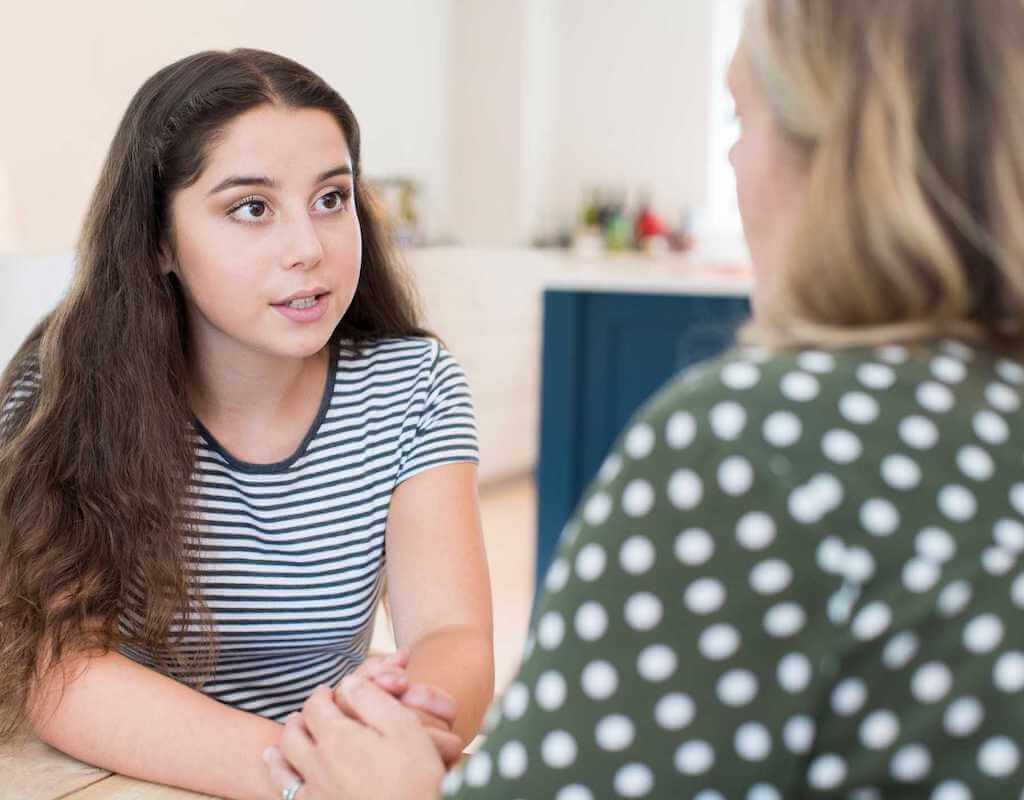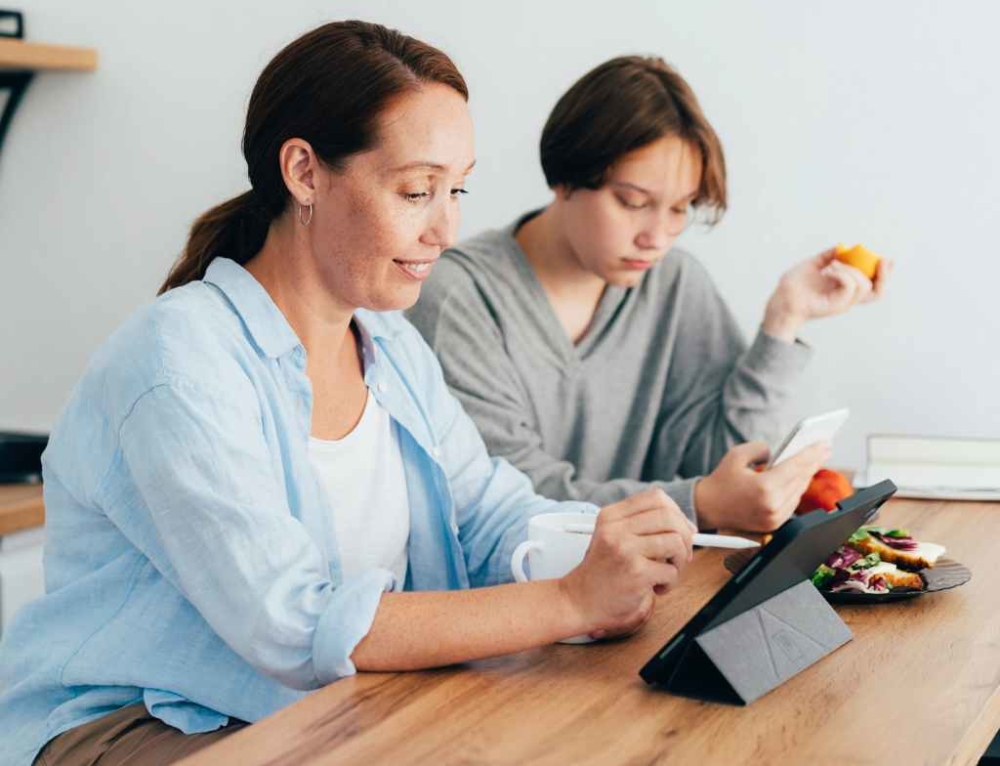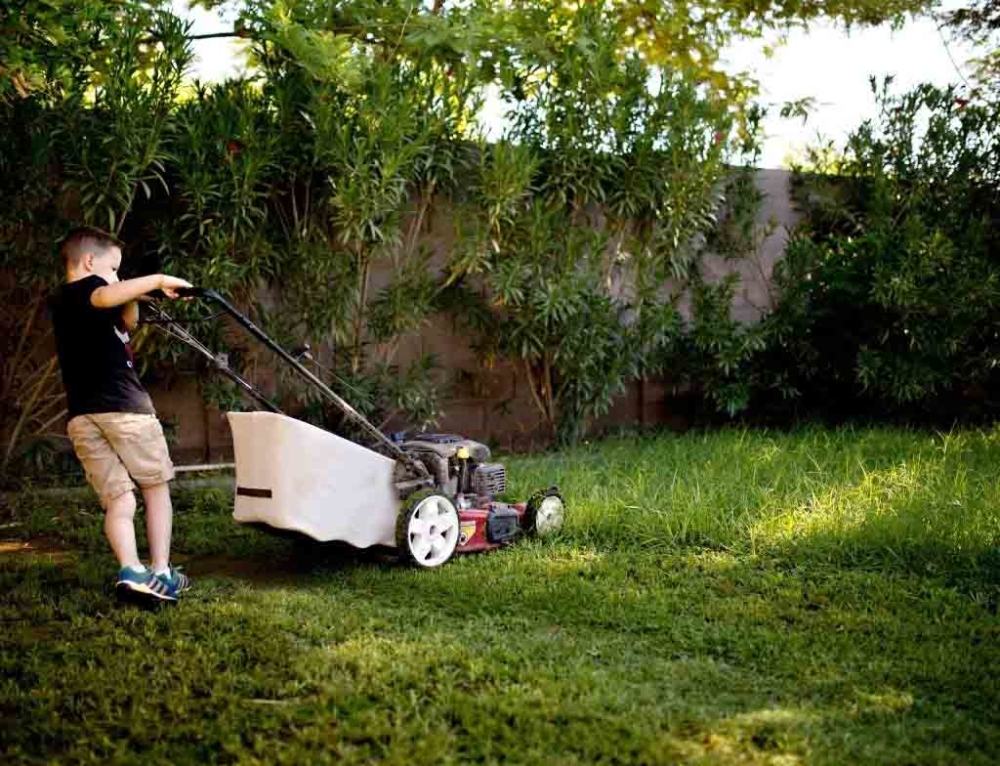Sex is everywhere – from TV to movies to music to billboards. Children have a keen fascination with sex and will certainly want to know more. It can be embarrassing for many parents to talk to their children about sex, but it is an important thing to do. Most children will have picked up things from the media or from whispers in the playground, so parents need to have a frank discussion so their children are getting reliable information.
Don’t avoid the topic of sex
Some parents are worried that if they talk openly with their children or teens about sex that they will be more likely to engage in sex early. This is not true, in fact many people in the know say that teens who are well-informed and are able to talk openly about sex with their parents are less likely to have intercourse at an early age and less unintended pregnancies. Your child will go looking for information about sex whether you talk to them or not. So, it’s far better that they receive reliable information from you about sex, contraception and STDs, than from their friends or the internet which may not always be accurate.If you daughter hasn’t approached you about sex or ‘where babies come from’ by the age of 9 or 10, you will need to talk to her.
I feel embarrassed talking about sex
If you feel embarrassed or unsure, tell your child how you’re feeling. They will appreciate the honesty and are probably feeling the same way. Some teens may have some curly questions that you’re not prepared for, if this happens be honest and say that you will look into it and get back to them.If they are really embarrassed and refuse to talk to you, don’t force the issue. Either raise it at another time or perhaps suggest another trusted adult they may feel more comfortable talking to. There are also plenty of age-appropriate books and literature out there, which can useful. Don’t just give it to them, sit down and read it with them as it can be a great way to open up the lines of communication and get over the embarrassment.
I don’t know much about sex
A lot of adults had a limited sex education themselves, so don’t feel confident in providing all the answers to their children. If you don’t feel like you know enough about sex, go and find out before you speak to your child. Read up as much as you can and empower yourself with knowledge. This way you can give your child the best and most up-to-date information. Some parents may think their child know more about sex than they do. The truth is a lot of kids and teens know less that we think they do. This is why is so important to give them the right information.
Sex is a good thing
Many parents reinforce that sex is solely about reproduction. This can be confusing to a young teen, who is hearing from the media or from friends that sex is a whole lot more than just making a baby. It is fine to tell them that sex is a positive thing and that people have sex for pleasure. Explain that sex can be an important and pleasurable part of a healthy relationship, when they are ready. If they understand that they have control of her own sexuality, they may be less inclined to be pressured into unwanted sex. They may also ask about same-sex sex, be truthful and say yes, some people enjoy having sex with people of the same gender.
What do you believe?
Before you start talking to your child, have a chat to your partner and work out what your beliefs about sex are. You may have strong moral or religious views. Mention these when you talk to your child, but also be prepared for them to disagree with these either now or over time.
Contraception and safe sex
You can’t talk about sex without mentioning contraception and safe sex. Some mums think that by discussing methods of contraception, they will be enabling their teen to go and have sex. This is not the case. While we may not like the thought of our child having sex, we need them to be safe and the truth is that many have sex in their early teenage years whether or not they’ve spoken about contraception. Keep your child informed, make an appointment with a doctor if you have to and keep the discussion honest. This is the best way you can protect your child from disease or unwanted pregnancies.
This article was written by Corinne Draper for Kidspot New Zealand. Sources include Human Services, NSW and BetterHealth.
Read more:







Leave A Comment
You must be logged in to post a comment.